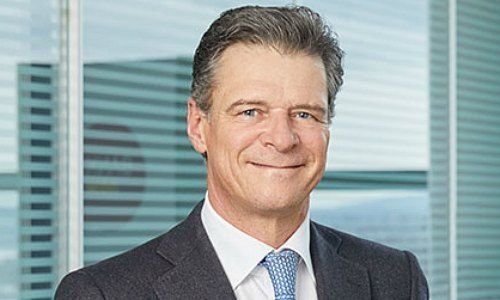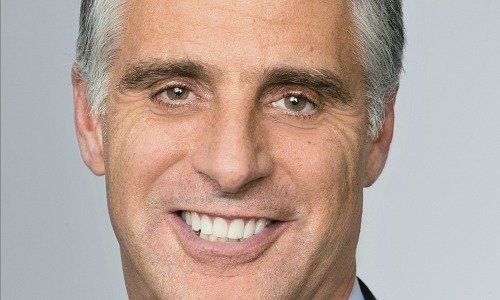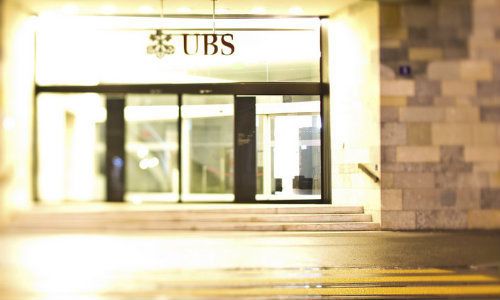What's with UBS' Investment Bank?
UBS is missing a figurehead at its global investment bank as well as its domestic one. finews.asia takes a look at the challenges following the exit of top banker Andrea Orcel.
«Credit Suisse Veteran Joins UBS»: the May headline about the shock defection of Marco Illy (pictured below) as head of UBS' investment bank in Switzerland never came to fruition. A spat over the renowned rainmaker's exit at Credit Suisse spilled over and ultimately prevented him from taking the UBS job, as finews.com reported.

As a result, UBS' Swiss investment bank is left without a centralized leader, since the exit of Christine Novakovic for the wealth arm in January. A Swiss dealmaking arm – UBS calls it corporate client solutions, and it encompasses capital markets, financing and restructuring, and deal expertise – is led by Martin Kesselring.
Equity capital markets is run by Thorsten Pauli and debt capital markets, or DCM, by Manuel Gadient. UBS appears in no hurry to fill the role intended for Illy anytime soon.
Client Man vs Killer Trader
The situation in Switzerland is reflected at UBS' wider investment bank, where the sudden exit of head Andrea Orcel (pictured below), an industry heavyweight, for Santander two months ago left UBS scrambling. Orcel, a long-time close associate of UBS CEO Sergio Ermotti, is believed to have jumped because he wasn't imminently going to get a shot at the top job himself.

The energetic and dominant Italian banker has been replaced by two men: dealmaker Piero Novelli and equities banker Robert Karofsky. The two are different enough to divvy up UBS' business: Novelli, an amiable client man, takes care of advising UBS' corporate clients while Karofsky, known in trading circles as «Killer» for his instinct, has taken over trading.
Profit Over Growth
Globally as well as in Switzerland, UBS is about to find out how well co-head structures work. More importantly, the investment bank has lost a key advocate at the highest level of management in the influential Orcel. Hired by Ermotti in 2012, Orcel was known to have the CEO's ear – and reportedly wasn't shy about vocalizing his needs.
The unit was pruned dramatically since 2012 in favor of UBS' wealth management side: from 2015 through last year, Orcel slashed nearly 500 million Swiss francs ($500.9 million) in spending. The unit's adjusted return on equity also receded, although to a still-respectable 16 percent. Under Orcel, UBS' securities unit has pursued the motto of profits over volume.
«Croatia Moment!»
At the same time, Orcel managed to keep UBS' investment banking headcount relatively steady in the last three years. Tales of his inspirational leadership, including training camps in the Nevada desert, are legendary. During last summer's World Cup, he exhorted his troops to seize their «Croatia moment,» referring to the underdog which unexpectedly made it to the finals.
His departure leaves UBS in an outsider role in the industry. The bank had largely retreated from dangling balance sheet to clients, unlike big American houses. UBS' reticence to put its money into play for clients is one reason that the bank hasn't topped M&A league tables in recent years: clients effectively demand credit as the basis for other investment banking mandates.
Dropped Out of Top-Ten
- Page 1 of 2
- Next >>





















